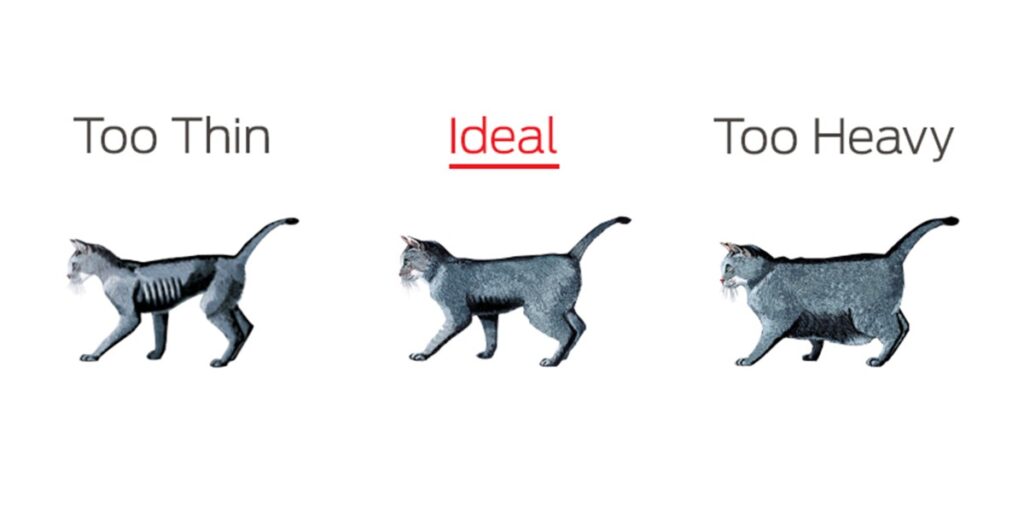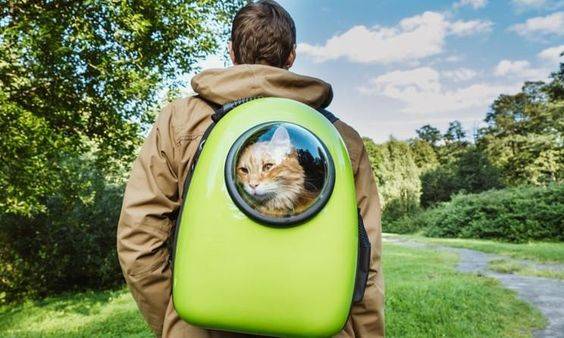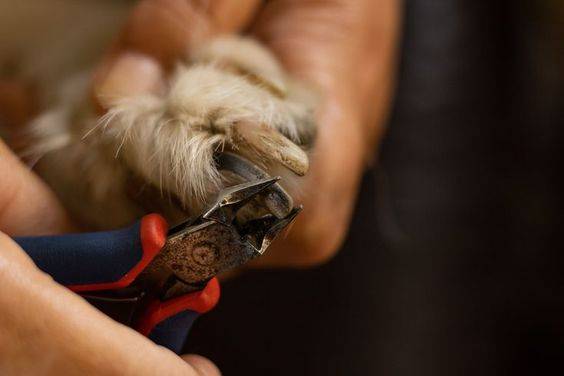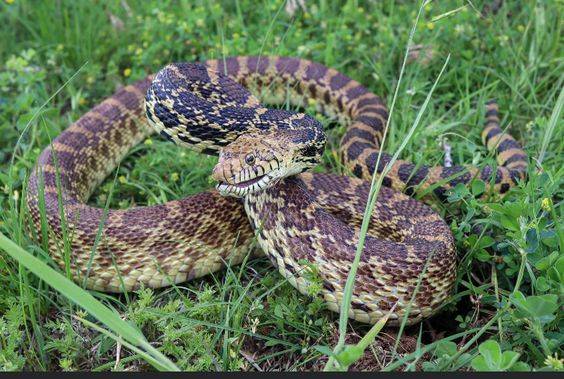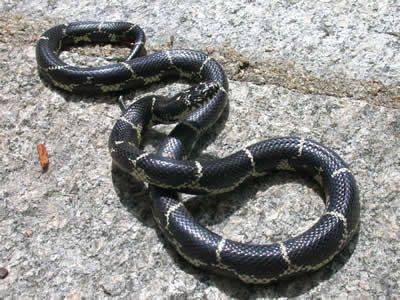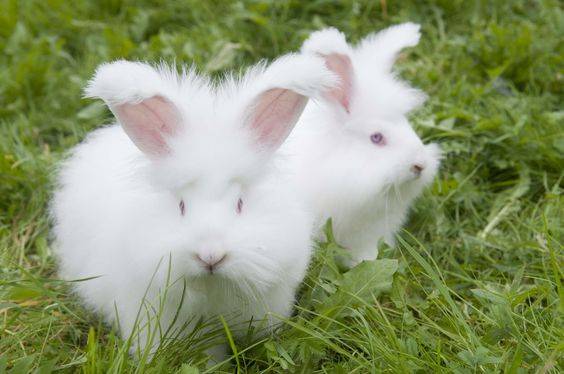Cats are cherished pets celebrated for their agility, independence, and delightful personalities. However, one aspect of feline health that cat owners frequently neglect is monitoring their pet’s weight. Understanding the average cat weight is crucial for ensuring they lead a healthy and happy life. In this blog, we’ll delve into the various factors that influence a cat’s weight, the average cat weight ranges for different cat breeds, and tips for maintaining an ideal weight for your furry friend.
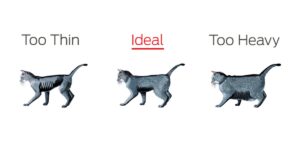
Factors Influencing a Cat’s Weight
Before we discuss the average cat weight, it’s important to understand the factors that can influence a cat’s weight. These factors include breed, age, gender, diet, and activity level.
- Breed: Different cat breeds have varying average cat weights. For example, a Maine Coon, one of the largest domestic cat breeds, can weigh significantly more than a Siamese, which is typically slender and lighter.
- Age: Kittens grow rapidly in their first year, and their weight can change quickly. Adult cats tend to have a more stable weight, while senior cats might lose weight due to various health issues.
- Gender: Male cats are generally larger and heavier than female cats of the same breed.
- Diet: Overfeeding or feeding high-calorie foods can lead to obesity, while a poor diet can result in underweight cats.
- Activity Level: Active cats that get plenty of exercise tend to maintain a healthy weight, while sedentary cats are more prone to gaining weight.
Average Cat Weight Ranges for Different Cat Breeds
- Maine Coon: Known for their large size, Maine Coons typically weigh between 10 to 25 pounds (4.5 to 11 kg). Males are usually larger than females.
- Siamese: Siamese cats are slender and usually weigh between 8 to 15 pounds (3.5 to 6.8 kg). Their sleek bodies make them appear lighter than they actually are.
- Persian: These cats have a stocky build and typically weigh between 7 to 12 pounds (3.2 to 5.4 kg).
- Ragdoll: Ragdolls are another large breed, with an average cat weight of 10 to 20 pounds (4.5 to 9 kg). They are known for their floppy, relaxed nature when picked up.
- British Shorthair: These cats have a sturdy build and generally weigh between 9 to 17 pounds (4 to 7.7 kg).
- Bengal: Bengals are muscular and athletic, usually weighing between 8 to 15 pounds (3.6 to 6.8 kg).
- Sphynx: Despite their lack of fur, Sphynx cats have a muscular build and typically weigh between 6 to 12 pounds (2.7 to 5.4 kg).
Recognizing a Healthy Weight for Your Cat
While breed-specific average cat weight provides a general guideline, it’s essential to recognize what constitutes a healthy weight for your individual cat. Here are some signs to help you determine if your cat is at a healthy weight:
- Ribs and Spine: You should be able to feel your cat’s ribs and spine with a gentle touch but not see them protruding. If you can’t feel them at all, your cat may be overweight.
- Waistline: When looking at your cat from above, there should be a visible waistline behind the ribs. If the waistline is not visible, or if the belly is sagging, your cat may be overweight.
- Abdomen: A healthy cat should have a slight tuck in the abdomen when viewed from the side. A distended or hanging abdomen indicates overweight.
- Overall Shape: Cats with a healthy weight have an hourglass figure when viewed from above. Overweight cats may appear rounder and lack a defined waistline.
Importance of Maintaining a Healthy Weight
Overweight and obese cats are at risk for various health issues, including:
- Diabetes: Excess weight increases the risk of diabetes in cats.
- Arthritis: Carrying extra weight puts additional strain on your cat’s joints, leading to arthritis and mobility issues.
- Liver Disease: Overweight cats are more susceptible to hepatic lipidosis, a potentially life-threatening liver condition.
- Shortened Lifespan: Obesity can reduce a cat’s lifespan due to the increased risk of health complications.
On the other hand, underweight cats might be suffering from malnutrition, parasites, or underlying health conditions such as hyperthyroidism or kidney disease. It’s crucial to consult a veterinarian if you notice significant weight loss or if your cat appears underweight.
Tips for Maintaining Your Cat’s Ideal Weight
- Balanced Diet: High-quality commercial cat foods are formulated to provide the necessary nutrients for different life stages and activity levels.
- Portion Control: Avoid overfeeding by following the feeding guidelines on the cat food packaging. Measure out portions to ensure your cat is not consuming excess calories.
- Regular Exercise: Use toys, laser pointers, and climbing structures to encourage physical activity.
- Scheduled Feeding: Instead of free-feeding, establish a feeding schedule. This helps regulate your cat’s food intake and prevents overeating.
- Monitor Treats: Treats should be given in moderation. Excessive treats can contribute to weight gain. Opt for healthy, low-calorie treats when rewarding your cat.
- Regular Vet Check-ups: Regular veterinary check-ups are essential for monitoring your cat’s weight and overall health. Your vet can provide guidance on diet and exercise tailored to your cat’s needs.
Special Considerations for Kittens and Senior Cats
Kittens and senior cats have different nutritional requirements compared to adult cats, and their weight management needs differ.
- Kittens: Kittens need a diet rich in protein and calories to support their rapid growth and development. Monitor their weight regularly to ensure they are growing at a healthy rate. Consult your veterinarian for the best feeding plan.
- Senior Cats: As cats age, their metabolism slows down, and they may become less active. Senior cats might need a diet lower in calories but still rich in essential nutrients. Regular vet check-ups are crucial to address any age-related health issues that could affect their weight.
Dealing with Weight Issues in Cats
- If you find that your cat is underweight or overweight, it’s important to take action to address the issue.
- Underweight Cats: If your cat is underweight, consult your veterinarian to rule out any underlying health problems. Your vet may recommend a high-calorie diet or supplements to help your cat gain weight.
- Overweight Cats: For overweight cats, a weight loss plan is necessary. This usually involves a combination of a calorie-restricted diet and increased physical activity. Your veterinarian can provide a tailored weight loss program and monitor your cat’s progress.
Inference
Understanding the average cat weight and recognizing the signs of a healthy weight are essential for every cat owner. By considering factors such as breed, age, diet, and activity level, you can help ensure your cat maintains an ideal weight. Regular vet visits, balanced nutrition, portion control, and exercise are key components of average cat weight management. Whether you have a playful kitten or a relaxed senior cat, paying attention to their weight will contribute to a longer, healthier, and happier life for your furry companion

